Carter William Page, born in 1971, is the former United States Navy officer with personal, business, scholarly and government connections in Russia who worked as a volunteer foreign policy adviser on Donald J. Trump’s presidential campaign between March and September 2016. This alone was enough for senior elements in the Federal Bureau of Investigation to subject Page to a targeted investigation. The result was, he says, that he became an international pariah. It very nearly ruined his working life.
For the inquiring mind seeking to understand the full nature and extent of the ruthlessness of Page’s antagonists inside the US government and their willing helpers outside, especially in the Democratic party and the mainstream media, two official sources are required reading.
The first is the revised redacted December 2019 report of the Inspector General of the US Department of Justice (DOJ) of his inquiry into the FBI ‘Crossfire Hurricane’ investigation. Opened in mid-July 2016, its focus was whether individuals associated with the Trump campaign ‘were witting of and/or coordinating activities of the Russian government’. It was soon extended to concentrate on four Trump campaign-connected individuals including Page. It was later subsumed within the investigation by special counsel Robert S. Mueller whose 2019 report ‘cleared’ Page but in words that were mealy-mouthed.
The other source is the decision of the US Foreign Intelligence Surveillance Court (the FISA Court) released on 17 December 2019 (and ensuing decisions) in response to reports that FBI personnel provided false information to, and withheld material information from, the DOJ in the Page surveillance warrant application case mentioned below.
Page’s clear and concise account of what was done to him is a case study in the nature and extent of ‘progressive/elite’ authoritarianism in contemporary America. Confronted by the unbearable reality of the Trump nomination, the candidate’s enemies were prepared to do whatever had to be done to ensure that the Republic was saved from the ghastly risk of rule by the ‘basket of deplorables’, as Democratic party candidate Hillary Clinton sneeringly labelled Trump’s supporters at a Manhattan celebrity fundraiser event in September 2016. And those same forces refused to accept the even more unbearable Trump victory.
In its October 2016 FISA Court application, the DOJ asserted that the FBI believed Page was acting in conjunction with the Russian government’s attempts to undermine and influence the 2016 US presidential election and that there was probable cause for the issue of a highly intrusive electronic surveillance warrant in respect of Page. The warrant was issued and the DOJ successfully applied for its renewal in January, April and June 2017.
The FISA Court had been deceived. On 19 August 2020 in the US District Court for the District of Columbia, Kevin Clinesmith, an FBI lawyer who participated in the preparation of the original warrant application, pleaded guilty to wilfully and knowingly making and using a materially false statement in the application. His sentencing hearing is scheduled for 10 December.
Carter was in the upper half of the Class of 1993 at the US Naval Academy at Annapolis, Maryland. As a midshipman, his assignments included one in the Pentagon with high level security clearance and a 70-day submarine cruise. His pragmatic worldview is evident in the tribute he pays to one of his Annapolis instructors who urged his classmates to read Napoleon Hill’s now long-forgotten popular self-help classic, Think and Grow Rich (1937).
After his military service, Page worked as a foreign policy and trade analyst in think-tanks and in Merrill Lynch’s London and Moscow offices. Later, he established his own oil and gas industry consultancy business and lived in Moscow. As indicated below, there is no reason to doubt Page’s emphatic statements (p. 31) that he is ‘not a Russophile nor a Russophobe’, and that no one ever asked him, or suggested that ‘I do anything illegal or shady’.
Page’s sworn partisan enemies and the lazy hacks in the mainstream media who gulped down the fashionable anti-Trump potion entirely misjudged Page. He is interested in ideas. Although he has multiple post-graduate degrees, he has the insight, highly unorthodox nowadays, that to be ‘educated’ does not require any university degree. Like Clark Kent, he is mild-mannered and simultaneously has the experience which civilians nowadays lack and seem not to take into account; namely, the considerable advantage of living day-to-day within the strict confines of properly exercised military discipline, and personal honour.
For us ordinary mortals not privy to the unique day-to-day fossicking peculiarities of the world of national security and espionage, the ‘wilderness of mirrors’ as it has been called, there are specific wacky aspects of Page’s treatment by his ruthless foes which would call for psychological appraisal were it not for their combined devastating effects on Page’s life.
First, there is the display of hatred of Trump so visceral in the case of some of his antagonists in the DOJ that they recorded it in their file notes. Secondly, if the Trumphobia had not been a major motivating force, it ought to have occurred to his antagonists that it was well beyond far-fetched and fanciful for any sane person to entertain the idea that there was anything in Page’s life that made him a traitor. Thirdly, and this is where the word wicked needs to be used, far from being a traitor, Page had signed on as a source of information for the CIA about his Russian activities and the FBI knew this.
Finally, did it not occur to Page’s media antagonists, including ‘their’ ABC’s three-part Four Corners anti-Trump diatribe in mid-2018 backed up by the bizarre Russia, If You’re Listening podcast, that Page’s willingness to be interviewed on camera and his deliberate decision not to ‘lawyer-up’ and to defend his position in person in public might conceivably cast doubt on the veracity of the grave charge of treason?
Got something to add? Join the discussion and comment below.
Get 10 issues for just $10
Subscribe to The Spectator Australia today for the next 10 magazine issues, plus full online access, for just $10.
Laurence W. Maher is a Melbourne barrister.
You might disagree with half of it, but you’ll enjoy reading all of it. Try your first month for free, then just $2 a week for the remainder of your first year.

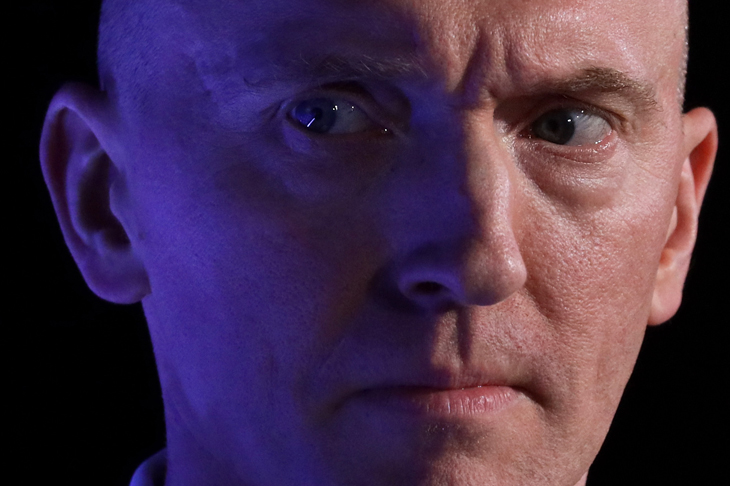
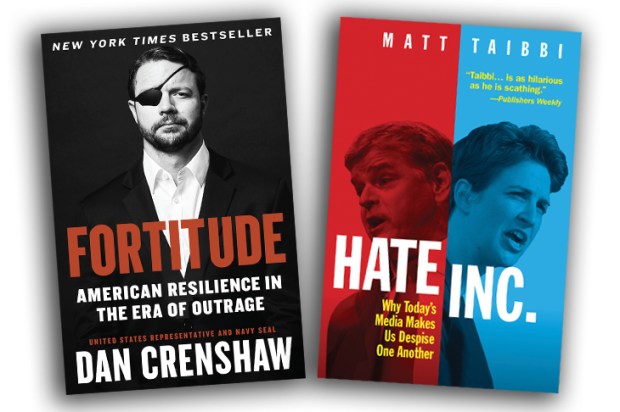
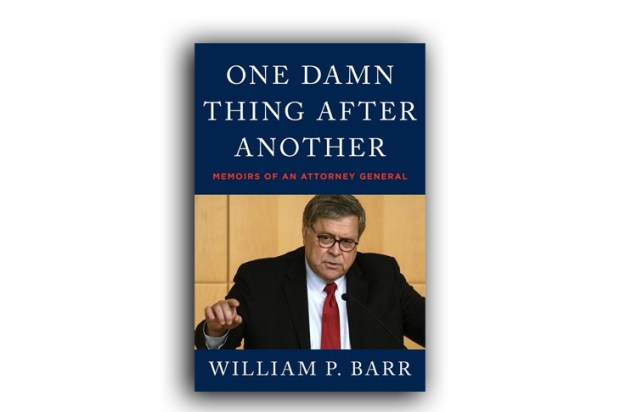
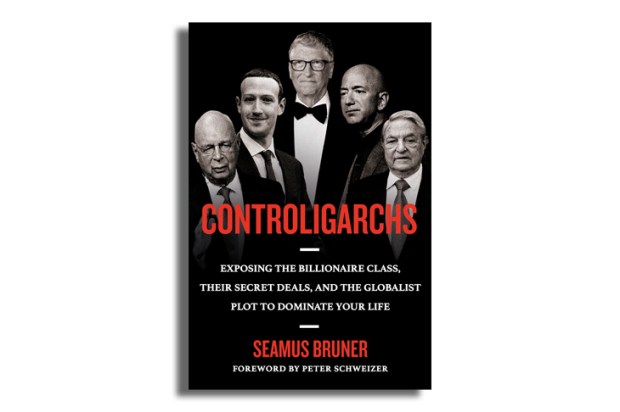
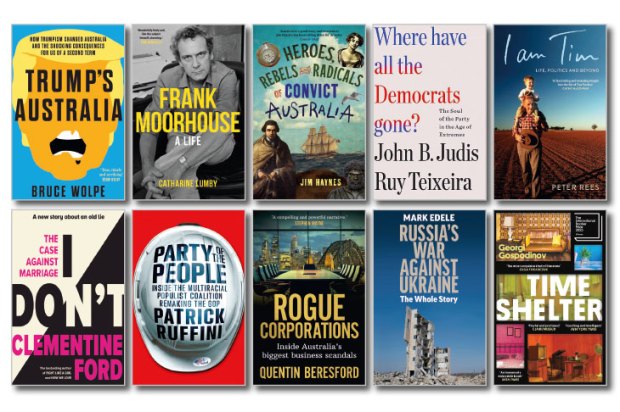
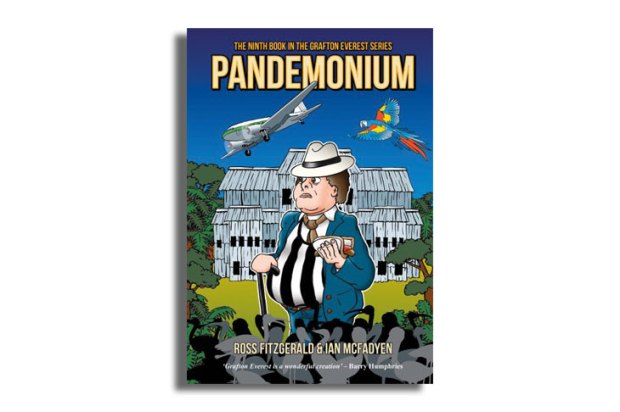
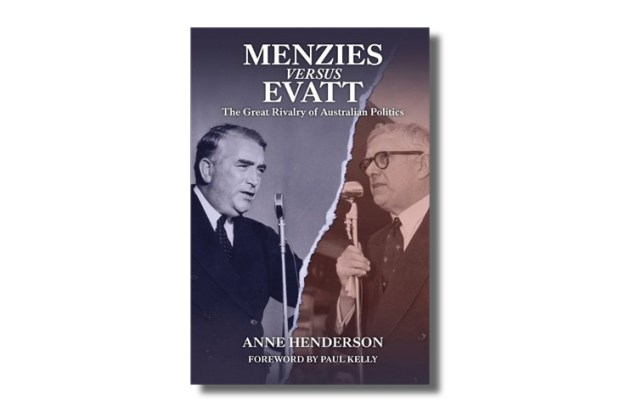






Comments
Don't miss out
Join the conversation with other Spectator Australia readers. Subscribe to leave a comment.
SUBSCRIBEAlready a subscriber? Log in